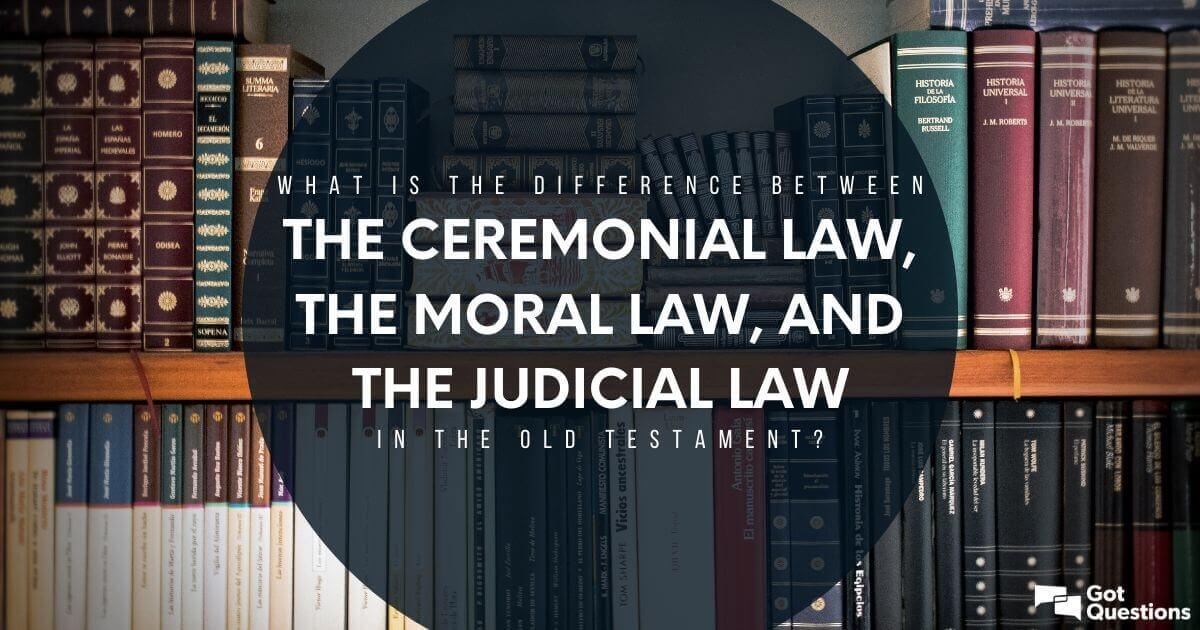Carl in Michigan
Diamond Member
- Aug 15, 2016
- 57,288
- 42,310
- 3,615
Physical acts don't give you wisdom.I will put odds that most Christians have never read the Bible cover to cover
God openens your understanding IF you have a humble heart that is willing to learn.


